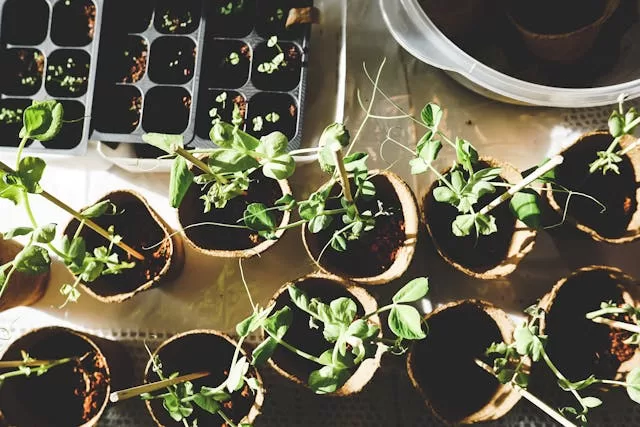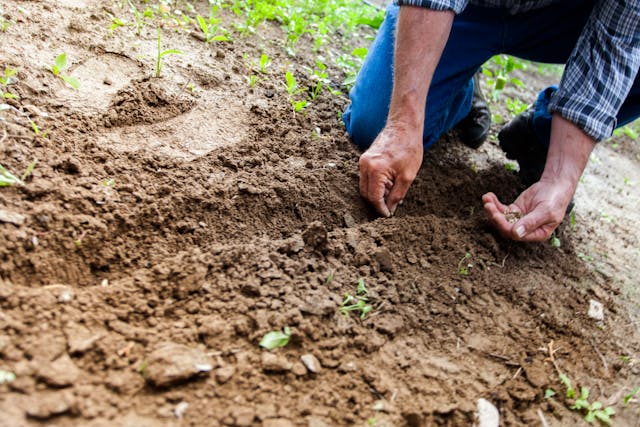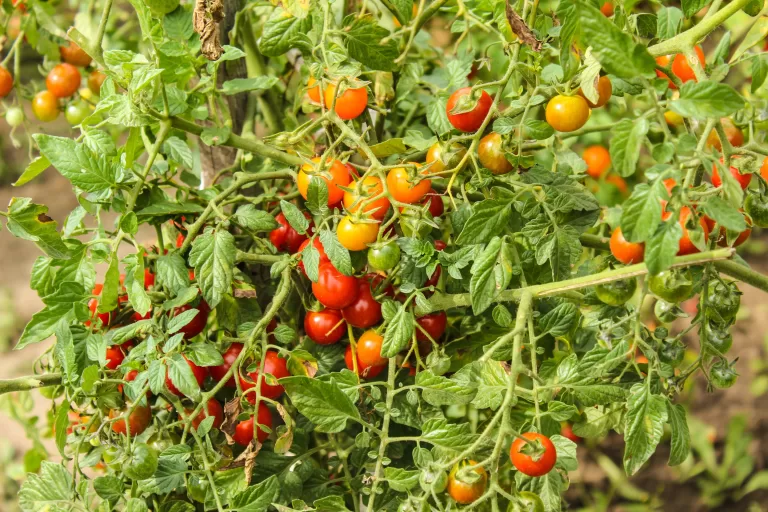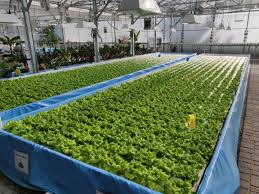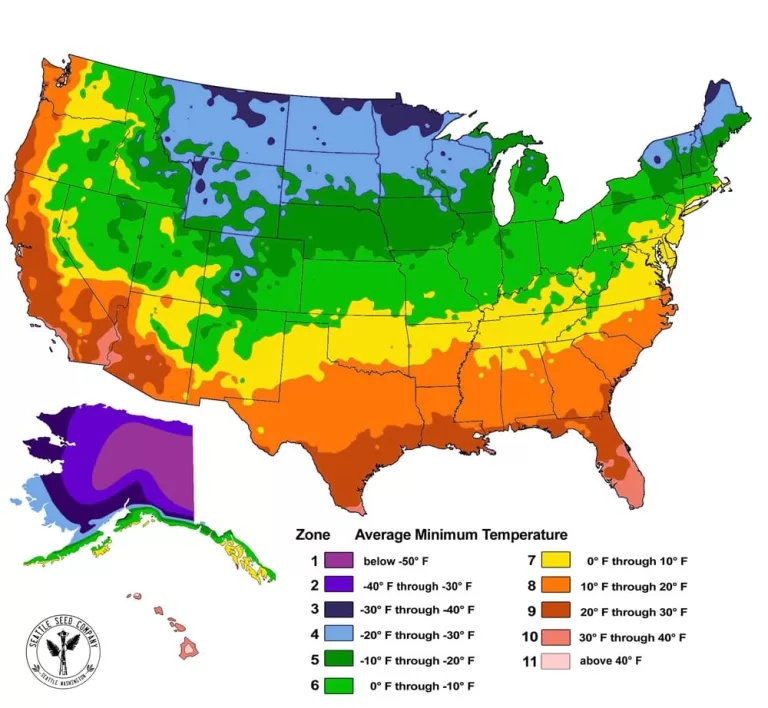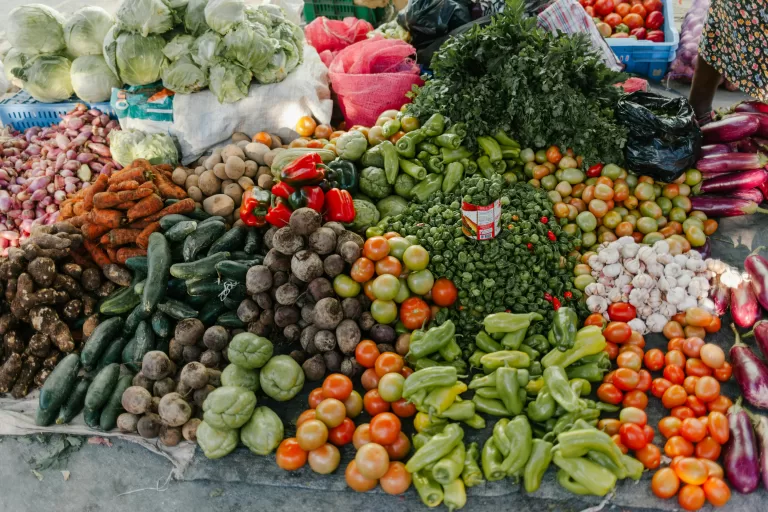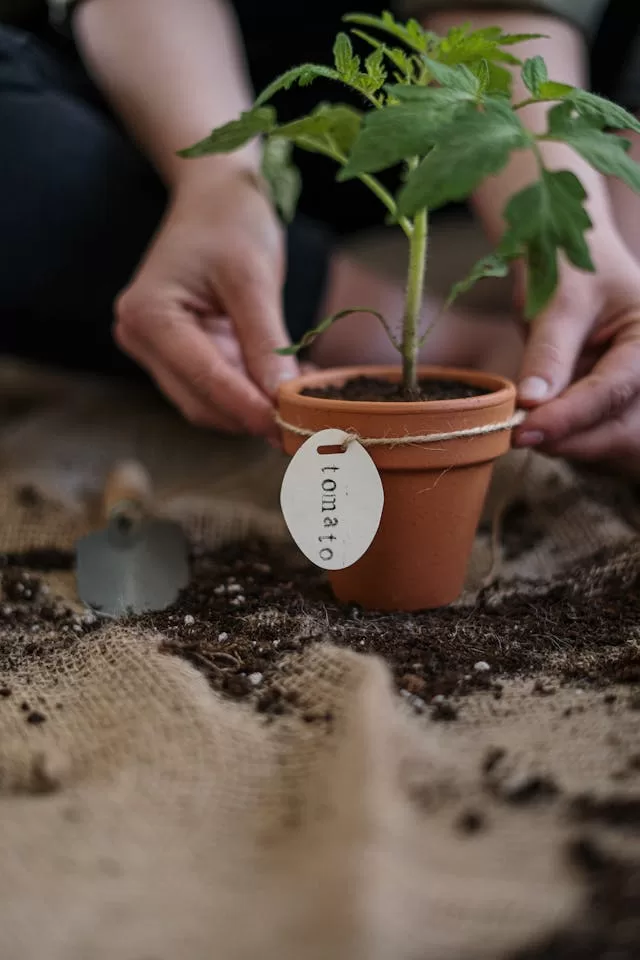Why should you learn the soil ph for vegetables you plant?
Knowing the pH of the soil for the vegetables you are growing is crucial to the success of your garden.
Soil pH has a direct impact on several aspects, such as nutrient uptake, prevention of nutrient deficiencies, disease prevention, and plant growth and productivity.
In the case of nutrient uptake, pH affects the solubility of each nutrient.
Additionally, even if nutrients are present in the soil, a pH imbalance can cause nutrient deficiencies. For example, acidic soils can cause deficiencies in essential nutrients such as calcium, magnesium, and phosphorus, while alkaline soils can limit the availability of micronutrients such as iron, zinc, and manganese.
Therefore, it’s important to know your vegetables’ pH preferences.
By keeping your soil’s pH at the right level, you also contribute to the sustainability of your garden and make your plants healthier and more resilient to environmental stresses.
Table of Contents
Is 7.5 soil pH good?
A quite common question is whether a pH of 7.5 is good.
A pH of 7.5 is considered slightly alkaline on the pH scale, which ranges from 0 to 14.
In this range, the soil tends to contain a greater amount of hydroxyl ions (OH-) than hydrogen ions (H+).
This makes it more alkaline in nature.
Some types tolerate a pH of 7.5 well, but not all vegetables thrive in these conditions.
There are plants that are more adapted to acidic and neutral environments.
These plants can suffer nutritional deficiencies and other growth problems when grown in soils with a pH of 7.5.
Therefore, it is important to consider the preferences of the vegetables you are growing, to guarantee an environment conducive to healthy development.
What pH Do Tomatoes Like?
To exemplify the previous topic, let us take a closer look at what pH tomatoes like.
Tomatoes are known to flourish in slightly acidic soil.
This means they prefer a pH that ranges from slightly acidic to neutral for optimal growth and healthy fruit set.
Tomatoes’ preference for slightly acidic soil is related to efficient nutrient absorption.
In a slightly acidic environment, nutrients such as phosphorus, potassium and calcium are more readily available to plants, promoting vigorous growth and abundant fruiting.
The ideal pH for growing tomatoes ranges from 6.0 to 7.5.
Within this range, they can absorb nutrients efficiently. Its growth and fruit production potential are maximized.
Maintaining the correct soil pH is important to promote healthy growth and fruit development in tomato plants.
An inadequate pH can result in nutritional deficiencies. Lack of calcium can lead to problems such as fruit apical rot.
Furthermore, an inadequate pH can lead to the availability of other essential nutrients, causing fruit growth and quality.
Tips for Managing Soil pH:
Regular Soil pH Test
Perform regular soil pH tests to understand its current conditions. There are commercially available pH test kits that are easy to use and provide quick results.
Soil pH Adjustment Methods
Depending on the pH test results, you may need to change the pH of your soil.
There are several ways to do this:
- To increase soil pH, you can apply agricultural limestone (dolomitic limestone or calcific limestone).
- To lower soil pH in alkaline soils, you can apply elemental sulfur or sulfur compounds such as ammonium sulfate.
Regular pH monitoring
It is crucial to regularly monitor soil pH throughout the growing season, especially if you make pH adjustments.
Soil pH can change over time due to nutrient leaching, organic decomposition, and other factors.
Keep a record of pH test results to track trends and adjust as needed.
Organic pH Adjustment Methods
For those who prefer organic methods, there are options available for adjusting soil pH:
- Adding organic matter, such as compost or well-decomposed manure, can help improve soil structure and moderate pH.
- Using organic fertilizers such as bone meal, kelp meal or fish meal can provide nutrients to plants and help balance soil pH naturally.
A good soil preparation is one of the important things to take care of when you plan to start your garden.
